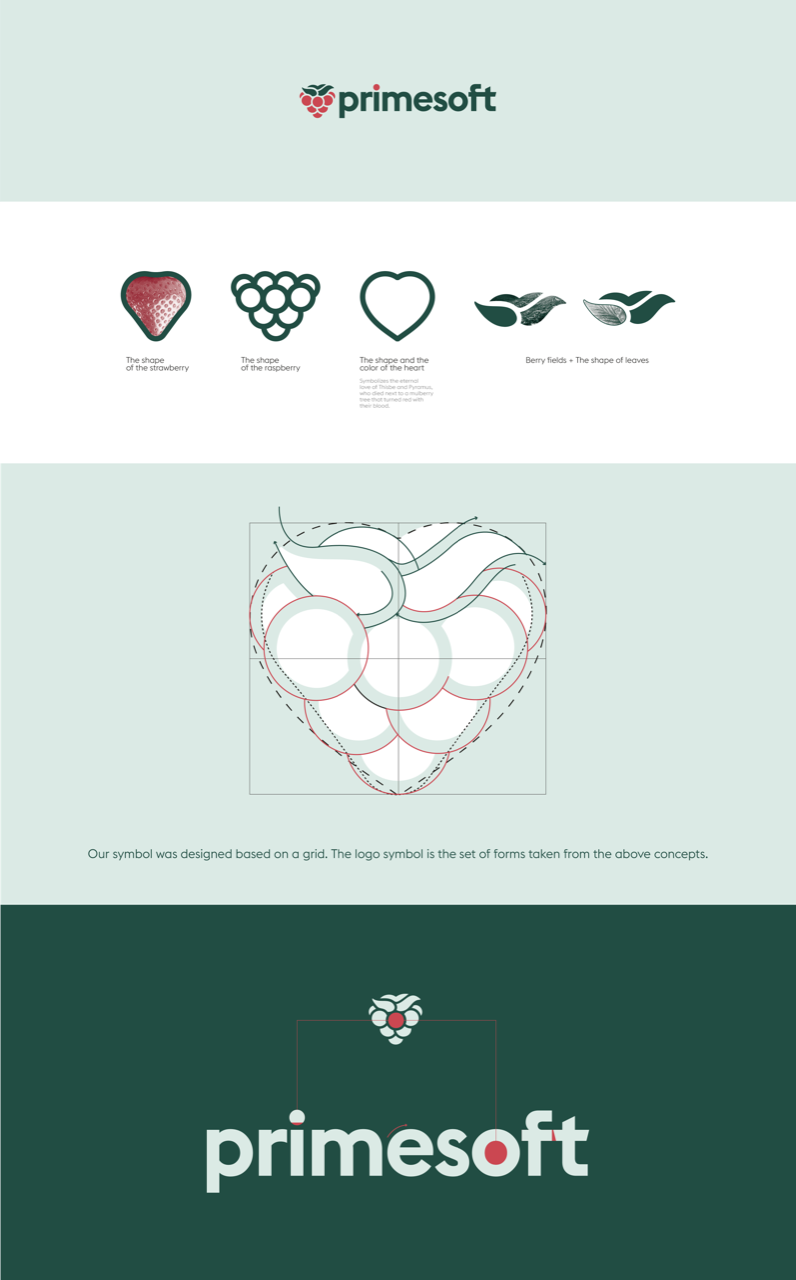

Besides the novelty of its technological approach that will be validated by sophisticated Life cycle cost analysis, PRIMESOFT´s ambition is to use computational analysis and mechanistic modelling to identify key components that regulate the mode of action of PAs through the employment of transcriptomic and metabolomic approaches. The WI is expected to receive pioneering education, research and technological capacity by a polymorphic Consortium that share highly complementary skills and the nature of their activities creates added value. Outreach activities are expected to create significant scientific, societal and economic impacts and are particularly dedicated to 8 researchers of the WI in order to acquire the necessary competencies to seek a position of professional maturity. Specifically, PRIMESOFT has planned 2 thematic workshops, 4 training schools with hands-on practice in state-of-the-art methodologies, and an international scientific conference. PRIMESOFT aspires to enhance strategic networking activities of WI with both APs and stakeholders of the agro/food sector during and beyond the end of the project. To this aim, a business plan towards the development of a Regional Center of Excellence in Plant Sciences will be developed.
PRIMESOFT at a glance
The development of non-toxic synthetic and natural priming agents (PAs) towards sustainably-sourced and environmentally sound products for the development of a resource-efficient circular economy is an R&D activity that recently has received considerable attention. However, the effort of the Lead Market Initiative (LMI) Advisory Group to trigger a market prospective for innovative products, remains still, to a large extent, unimplemented. PRIMESOFT´s overarching objective is to explore innovations in the application of PAs in value-added soft fruit crops from a range of perspectives and strengthen educational, research and innovation activities among the Widening Institution (Cyprus University of Technology) and 4 internationally-renowned Advanced Partners (APs). Through this multi-actor approach, we aim to bridge the gap between chemical and nanomaterial priming research and agricultural practice in order to bring the inventions closer to application and commercialization towards resource-efficient smart farming practices.
Agronomic, physiological features
- Yield, net photosynthesis, time of flowering
- Qualitative attributes
- Cellular damage indicators
- Assays of enzymatic & non-enzymatic antioxidants
Eco-efficiency approaches
- Life Cycle Analysis & Life Cycle Cost Analysis
- Assessment of proposed cultivation protocols
- Product development (i.e. encapsulation of PA)
-Omic tools
- Gene expression analyses
- Global transcriptomic analysis (RNAseq)
- Metabolomic analysis (Volatile organic compounds and phytochemical compounds)
Data analysis & modelling
- Integration of –omics data
- Multivariate statistics
- Annotation and network analysis
PRIMESOFT scientific strategy: overview of experimental approaches
- - To establish a community of practice and spread excellence in the domain of applying PAs on soft fruit crops
- - To create knowledge hubs with a core the application of PAs as a cutting-edge technological approach for direct use in modern agricultural practices
- - To evaluate the commercial potential and will conduct technology marketing to encourage industry engagement of the inventions and execute the exploitation activities
- - Transfer of knowledge activities, access of infrastructure and technological know-how and to enhance creativity by new approaches in R&I collaboration
- - To provide ground-breaking work in the correlation of multi-omics approaches with field data modelling and Life cycle analysis
- - To enhance production and explore possibilities to adapt cultivation of soft fruits under adverse conditions due to climate change
Scientific and technological objectives
- - To develop a critical mass of high-profile researchers of the Widening Institution and raise reputation, research profile and attractiveness of the Cyprus University of Technology
- - Knowledge transfer to the small-holder Cypriot farmers for greater resilience in agricultural practice.
- - To strengthen research management capacities and administrative skills of the WI staff and raise the profile of the WI within the European Research Area,
- -To establish long-term collaborations with the APs towards increment of the S&T capacity and innovation potential.
Widening objectives
- D1.1 Progress reports and minutes of Kick-off and SC meetings
- D1.2 Setting up of SC, SAB and Users Group
- D1.3 Data Management Plan
- D1.4 Innovation Management Plan
- D2.1 Operation and update of project website
- D2.2 D&C&E plan and activities
- D2.3 Scientific publications in journals/conferences
- D2.4 Organization of International Scientific conference
- D2.5 Signed MoUs with industrial partners
- D3.1 Report on the efficacy of PAs
- D3.2 New encapsulated PA through electrospinning-electrospraying
- D3.3 Functionalized hydrogel prototype
- D3.4 Report on mechanistic actions governing the efficacy of PAs
- D3.5 Phytochemical profiling and volatilome fingerprinting
- D3.6 LCCA of proposed cultivation protocols
- D4.1 Report on exploratory workshops & training schools
- D4.2 Report on secondments of ER/ESRs of the Widening Institution
- D4.3 Report on expert visits of APs
- D4.4 MSc theses and PhD dissertation
- D5.1 Action plan & submission of joint research projects
- D5.2 PRIMESOFT exit strategy
- D5.3 Report on stakeholder map and their involvement
- D5.4: Strategic plan to design a RCoE
